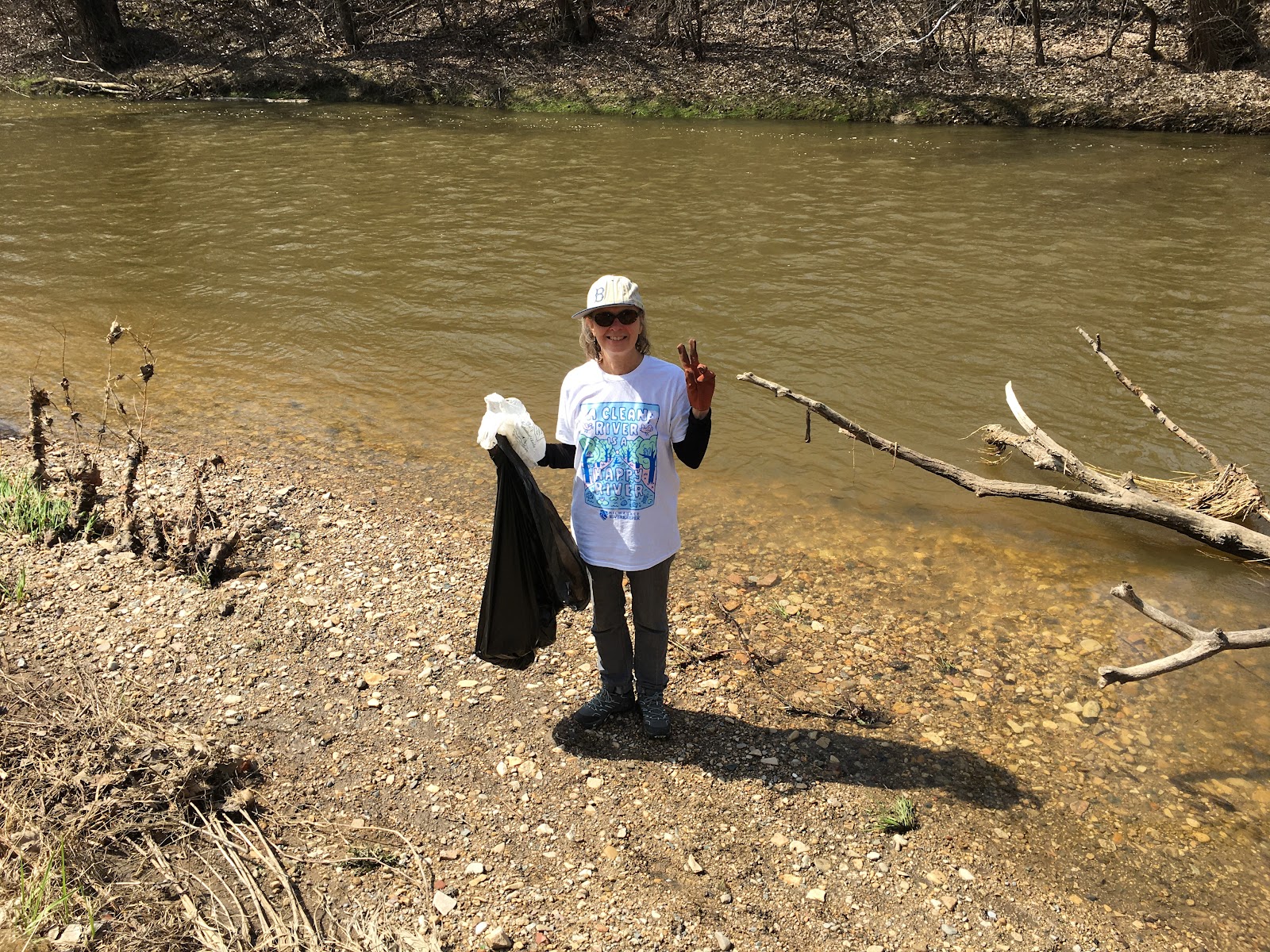Here's my latest novel!
 |
| Cover by Michael Kress-Russick |
When I started writing it ten years ago, I needed hope.
Nature had always restored me. Only the reason I needed hope was because Nature itself was under siege. Floods, fires, loss of species, drought were all part of an environmental crisis. The situation seemed overwhelming. If I felt that way, I knew kids would too. But what could I do? What could a kid do?
Then I realized that I wasn't powerless. In fact, I had a great tool. I could tell a story.
The novelist Richard Powers said: "The best arguments in the world won't change a single person's point of view. The only thing that can do that is a good story."
Stories connect to our emotions. Abstract concepts are easy to dismiss. Characters aren't. Especially characters who care deeply about something. (It also helps if they're funny.)
So...meet Grace. As the novel begins, she's getting ready for a dance recital. Unfortunately, every time she tries to leap, she falls. When she crashes into her neighbor's wildflower garden, she crushes his milkweed. She rescues three monarch caterpillars from the plant. Caring for them inspires her to take more action to protect the world they'll be living in. She finds a way to speak for the monarchs. She builds a community. She persuades her dad to replace his poisoned yard with a pollinator garden. Butterflies fly. And we all learn that people really can change––just like the monarchs do.
My story has inspired a family musical, co-written by Greg Alexander, Clifford Lee Johnson III, and myself. GRACE AND THE BUTTERFLY EFFECT will premier at B Street Theatre in Sacramento, California in the fall of 2026.
You can purchase the novel now.
More importantly, YOU can keep telling stories, inspiring people, and hoping. Small actions have big consequences. There really can be a butterfly effect.






